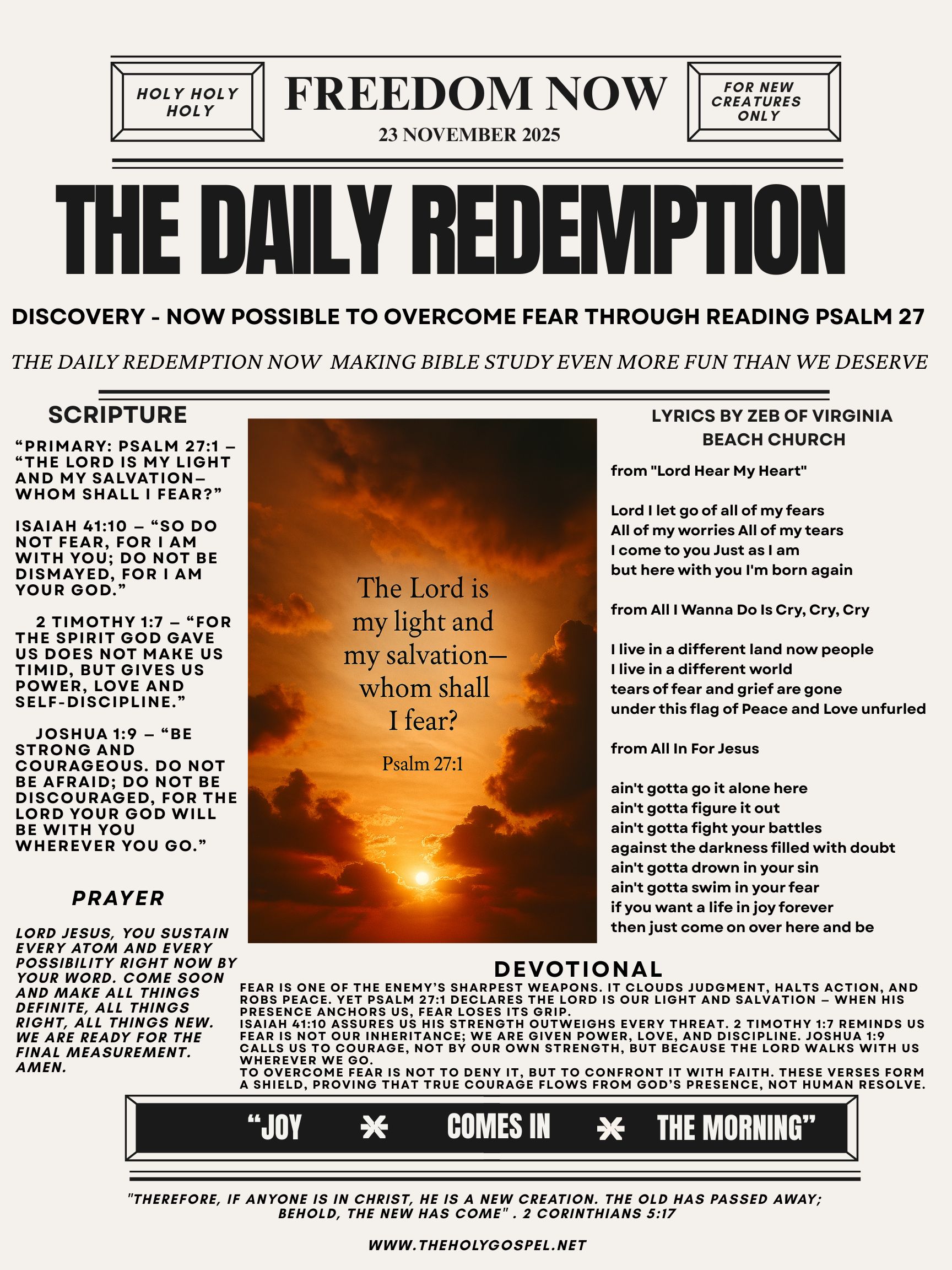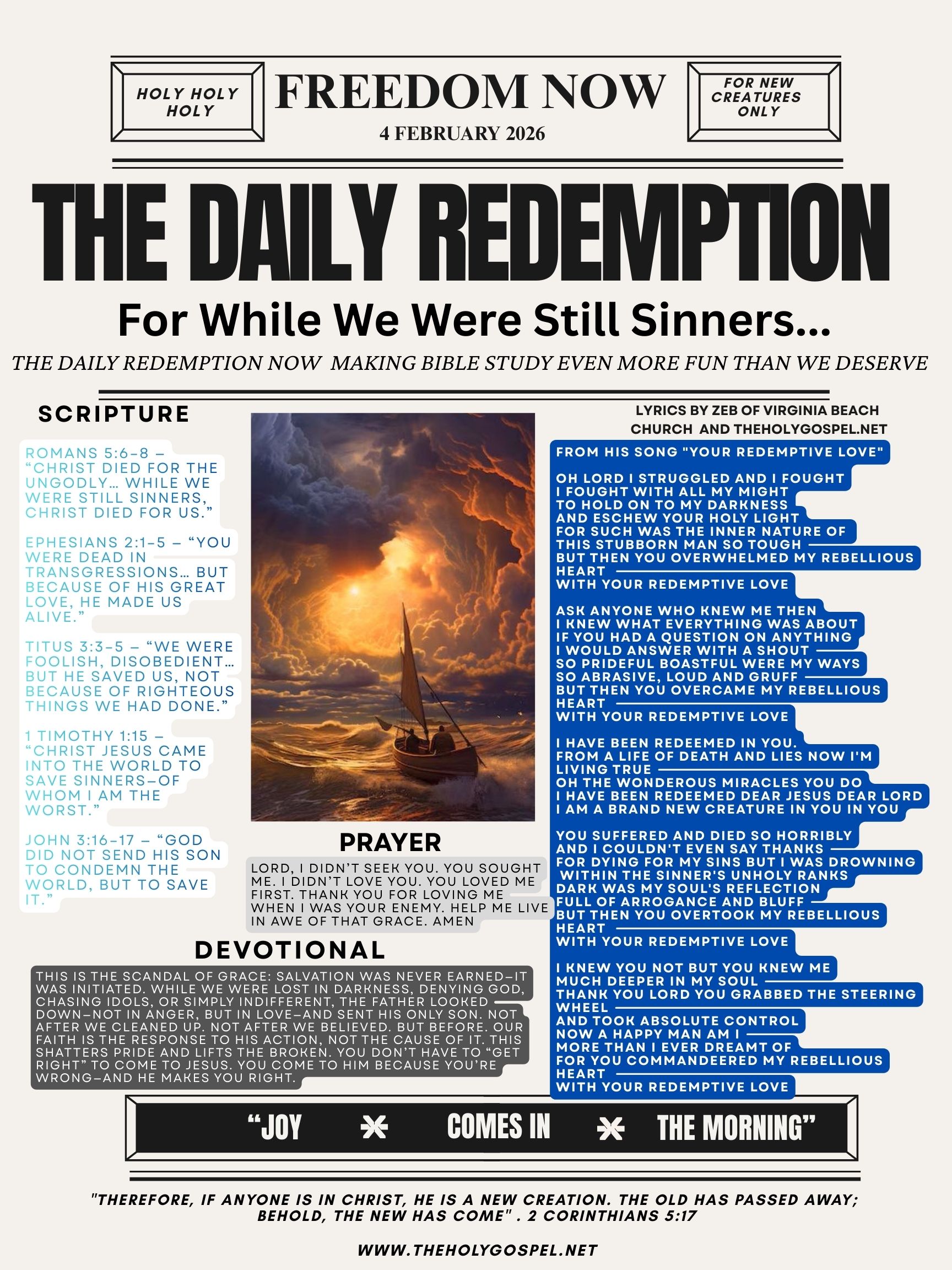The Significance of “Jubilee” to Messianic Jews: A Celebration of Freedom, Restoration, and Pentecost
Introduction:
Jubilee, a term deeply rooted in the ancient Hebrew tradition, holds profound significance for Messianic Jews. This divine concept, originating from the Torah, symbolizes a time of freedom, restoration, and hope. Drawing from biblical principles, Messianic Jews embrace the Jubilee as an integral part of their faith, cherishing its profound spiritual and practical implications. This article delves into the rich significance of Jubilee to Messianic Jews, exploring its historical context, theological foundations, and its transformative impact on their lives. Additionally, it examines the connection between Jubilee and the festival of Pentecost, highlighting the intertwined nature of these two biblical observances.
Historical Context:
The Jubilee finds its origins in the book of Leviticus (25:8-13) as one of the sacred feasts established by God for the children of Israel. It was to be celebrated every 50th year, following the completion of seven cycles of Sabbatical years. During this special year, the sound of the shofar would proclaim liberty throughout the land, and all debts were forgiven. Moreover, ancestral lands that had been sold or lost were restored to their original owners. The Jubilee represented a societal reset, a time to rectify social injustices, and a reminder of God’s ownership and provision for His people.
Theological Foundations (around 180 words):
For Messianic Jews, the Jubilee holds theological significance that goes beyond its historical and societal aspects. They see in it a foreshadowing of the ultimate redemption and restoration brought about by the Messiah. Jubilee represents the ultimate liberation from the bondage of sin and the restoration of broken relationships—between God and humanity and among people themselves. Through the Messiah’s sacrifice and victory over death, Messianic Jews believe that all believers can experience spiritual freedom and enter into God’s eternal rest.
Jubilee and Pentecost:
The festival of Pentecost, also known as Shavuot, holds a special connection to Jubilee for Messianic Jews. Like Jubilee, Pentecost follows a pattern of counting years. Just as Jubilee is celebrated every 50th year after 7 intervals of 7 years, Pentecost occurs fifty days after Passover, counting seven weeks or seven sets of seven days.
This parallel numbering system links Pentecost with the themes of freedom, restoration, and release present in Jubilee. While Jubilee focuses on societal and economic aspects, Pentecost carries profound spiritual implications. It commemorates the giving of the Torah on Mount Sinai and represents the establishment of the covenant between God and the people of Israel.
Messianic Jews perceive Pentecost as a spiritual Jubilee, marking a time of spiritual freedom, renewal, and empowerment. Just as Jubilee signifies the restoration of relationships and the resetting of societal order, Pentecost signifies the outpouring of the Holy Spirit upon believers. It inaugurates a new era of spiritual liberation and empowerment, enabling Messianic Jews to live as a redeemed community.
The connection between Jubilee and Pentecost underscores the holistic nature of redemption. Messianic Jews view both observances as pointing to the ultimate redemption brought by the Messiah. The Jubilee and Pentecost intertwine in their significance, amplifying the message of freedom, restoration, and hope found in both celebrations.
In embracing the connection between Jubilee and Pentecost, Messianic Jews recognize the spiritual and practical implications for their lives. They seek to walk in the freedom and empowerment made possible through the Messiah’s redemptive work, empowered by the Holy Spirit. As they celebrate Pentecost, they rejoice in the fulfillment of God’s promises and anticipate the ultimate restoration when the Messiah returns to establish His kingdom in its fullness.
In conclusion, the Jubilee and Pentecost hold a profound relationship for Messianic Jews. Both celebrations follow a similar pattern of counting years and signify freedom, restoration, and release. Pentecost, as a spiritual Jubilee, represents the outpouring of the Holy Spirit and the establishment of a redeemed community. Messianic Jews find deep significance in the interconnectedness of Jubilee and Pentecost, rejoicing in the spiritual liberation and empowerment made possible through the Messiah’s redemptive work.
Conclusion
In conclusion, the Jubilee holds immense significance for Messianic Jews, and its connection to Pentecost further enhances its meaning. These biblical observances converge to celebrate freedom, restoration, and empowerment. Messianic Jews embrace the intertwining concepts of Jubilee and Pentecost, finding solace, joy, and renewed purpose as they experience


